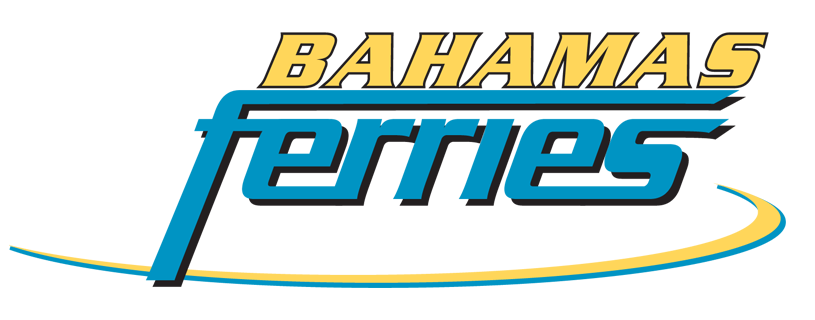 Khaalis E. Rolle will be one of the featured speakers at the annual Interferry Conference, which is being held on November 1st-4th in Grand Bahama for the 1st time. Interferry is an organization with membership comprised of owners, operators, builders, financiers, consultants and many others involved in the Global Ferry Industry. The conference was held in Rotterdam last year, where businessman and Chairman of Bahamas Ferries, Craig Symonette was elected President. The theme for this years Conference is Dynamics of Change: New Markets, New Opportunities.
Khaalis E. Rolle will be one of the featured speakers at the annual Interferry Conference, which is being held on November 1st-4th in Grand Bahama for the 1st time. Interferry is an organization with membership comprised of owners, operators, builders, financiers, consultants and many others involved in the Global Ferry Industry. The conference was held in Rotterdam last year, where businessman and Chairman of Bahamas Ferries, Craig Symonette was elected President. The theme for this years Conference is Dynamics of Change: New Markets, New Opportunities.
Khaalis Rolle is the Chief Marketing Officer for Bahamas Ferries where he is responsible for the overall strategic planning, development and management of the company’s sales & marketing organization.
Khaalis holds a Bachelor of Science degree in Marketing from Grambling State University, and an MBA from the University of Miami. Prior to his appointment at Bahamas Ferries, he headed up the Family Island division of Esso Standard Oil.
Khaalis is a Director of the Nassau Tourism & Development Board and the Bahamas Chamber of Commerce and is also a member of the National Tourism Task Force on Family Island Development.
The Minister of Transport and Aviation, The Hon. Glenys Hanna-Martin and Interferry President and Chairman of Bahamas Ferries, Mr. Craig Symonette will open the conference. Other Presenters at this conference include, The Minister of Transport for the Republic of Cuba, Dr. Gilbert Morris, Executive Director of the Landfall Center.
Abstract of Presentation
From a tourism perspective, Nassau is progressively becoming an over-milked product that has lost its luster. Repeat visitors are looking for new and interesting alternatives. The greatest opportunity for economic growth in the Bahamas is the Family Islands.
The most effective way to stimulate this growth is to provide greater access and increase the traffic flow in and out of these communities.
In the Bahamas there are two transportation modes available for inter-island travel; air and sea. In the past both had severe limitations; in the case of air the major constraints were unreliability, limited capacity and high fixed cost. In the case of sea transportation, reliability played less of a role, however it took considerably longer and it was not passenger friendly.
Historically the Bahamas government has supported marine transportation to the Family Islands by subsidizing the traditional mail boat operators and through the investment in infrastructure.
The way forward is to begin building the infrastructure and the network that allows the system to be rebirth. We have to develop a mechanism for analyzing the individual sensitivities of each island and logically determine its capacity. We then need to invest in task specific vessels that accomplish the developmental goals of that island. The approach has to be from a business rather than a governmental perspective.

